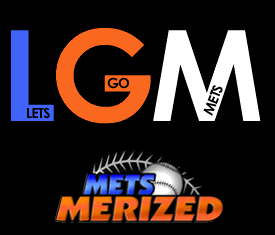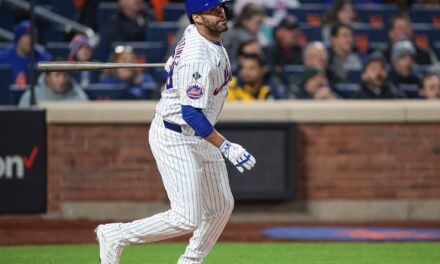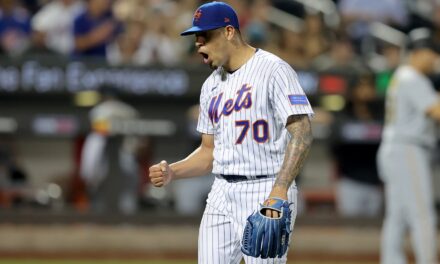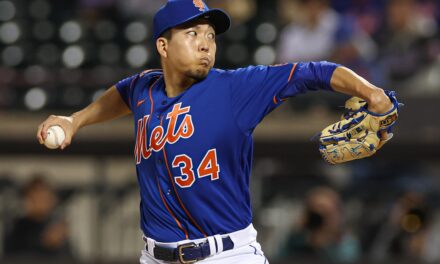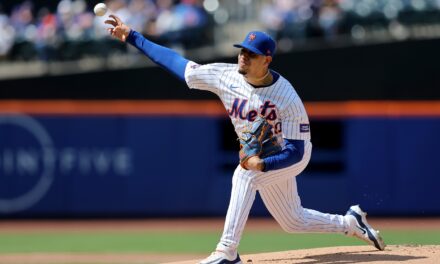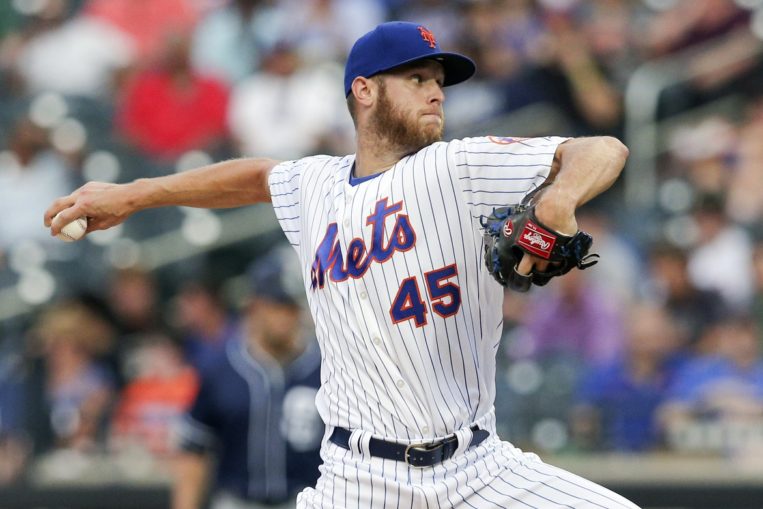
In his fourth win of the season and potentially his final start as a New York Met, Zack Wheeler did not disappoint. The righty completed seven innings for the sixth time this year, allowing just two runs on four hits and one walk while striking out three. At this point in his 2017 campaign, Wheeler had only managed to go seven innings twice – and neither time put up a game score as high as the 69 he posted last night.
With a fastball that sat 97-98 mph through the night (an uptick of up to 3 mph from his average velocity in his debut), Wheeler, like Jacob deGrom the night before, was held up by one long inning in an otherwise efficient performance that saw 65 out of 99 pitches register as strikes and lowered his ERA and FIP to 4.33 and 3.68 on the year, respectively.
The lone hiccup on Wheeler’s night spanned 28 pitches (just 16 for strikes) in a third inning that actually accounted for four of the five baserunners the righty was ultimately staked to.
After Austin Hedges ripped a single back through the box with one down and advanced to second on a sacrifice bunt, center fielder and perennial Met killer Manuel Margot (.439/.439/.805 career line against Met pitching) rolled a weak grounder between the mound and third base to prolong the frame. Wheeler struggled against his next two hitters – walking Carlos Asuaje and allowing a two-run single to Wil Myers before Michael Conforto and Devin Mesoraco teamed up to record a perplexing, replay-assisted third out at the hot corner.
Still ahead by three runs after the Mets put two runs back on the board in the bottom half, Wheeler picked up right where he left off in the fourth inning and never looked back.
He faced 12 Padre hitters, retiring all of them while striking out two and not once falling into a hitter’s count. In fact, Wheeler’s third inning of work was the only such occasion in which he slipped into a 2-1 count – just two overall. Half of the dozen batters were turned away on three or fewer pitches, as Wheeler’s “here it is, hit it” strategy (as described by manager Mickey Callaway) paid resounding dividends. Asked after the game about his batterymate’s dominant run over the past ten starts (3.50 ERA, 6.1 IP/start since June 1), Mesoraco sang high praises:
“To be honest, ever since I started catching Zack, he’s been good. So that’s the only Zack that I know. He’s logged a lot of innings, he has four capable pitches, he can throw it by guys, he doesn’t walk guys. I don’t know anything other than, man, Zack Wheeler’s pretty good.”
With the Mets’ poor performance through June and early July damning them to a deadline as sellers, Wheeler, who was once reported to be the easiest accessible starter at the deadline (in terms of ability and demanded return), was asked how the rumor mill had affected his start:
“It crossed my mind, not gonna lie, [but] at the same time, you can’t do anything about it. You just got to go out and pitch and try to get a win. I was able to do that tonight.
“I hope I am still here,” Wheeler added. “But it’s out of my control.”
